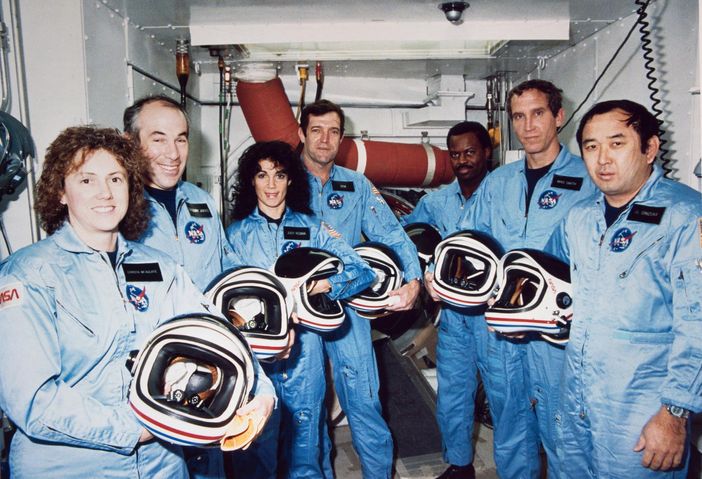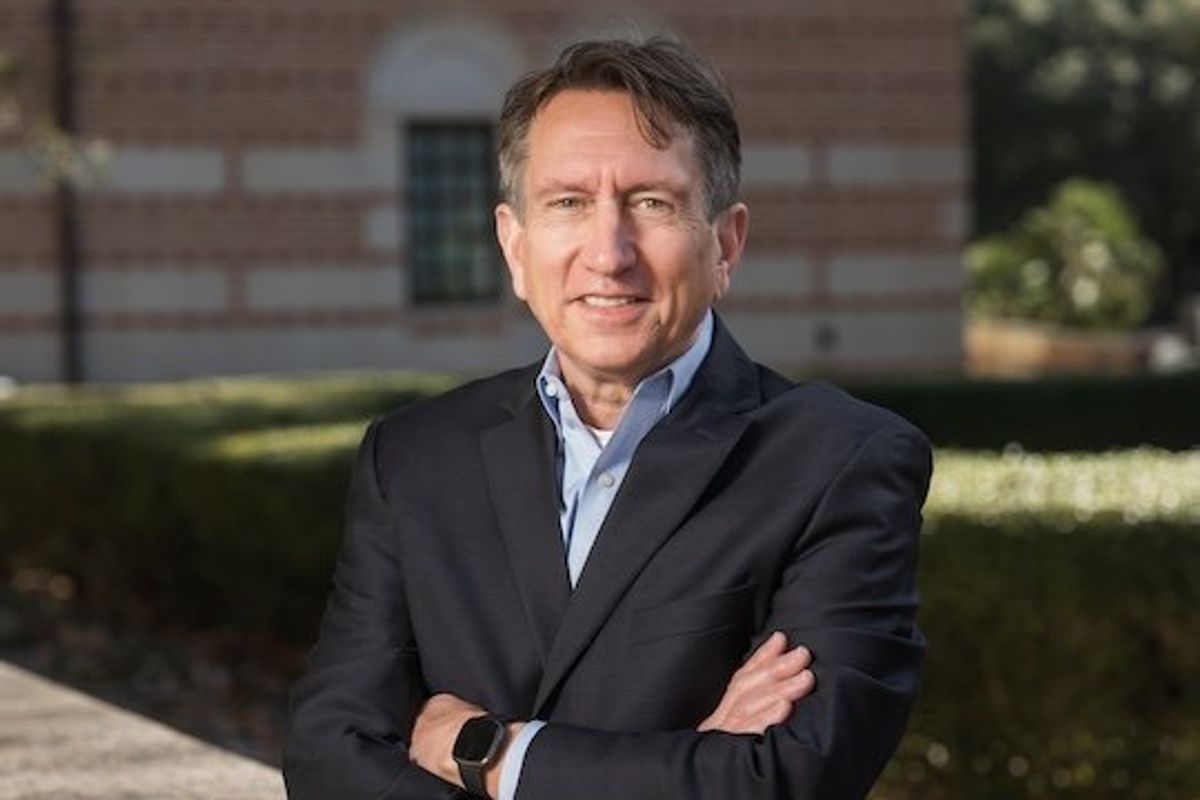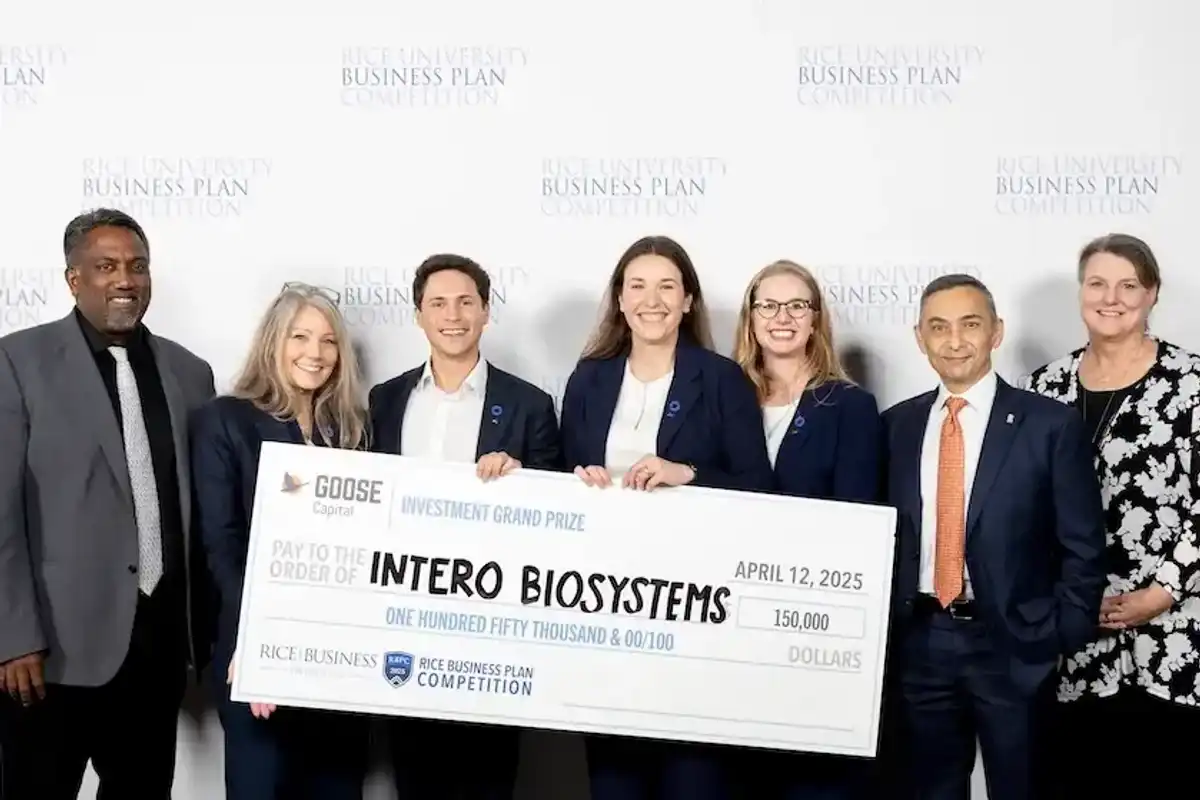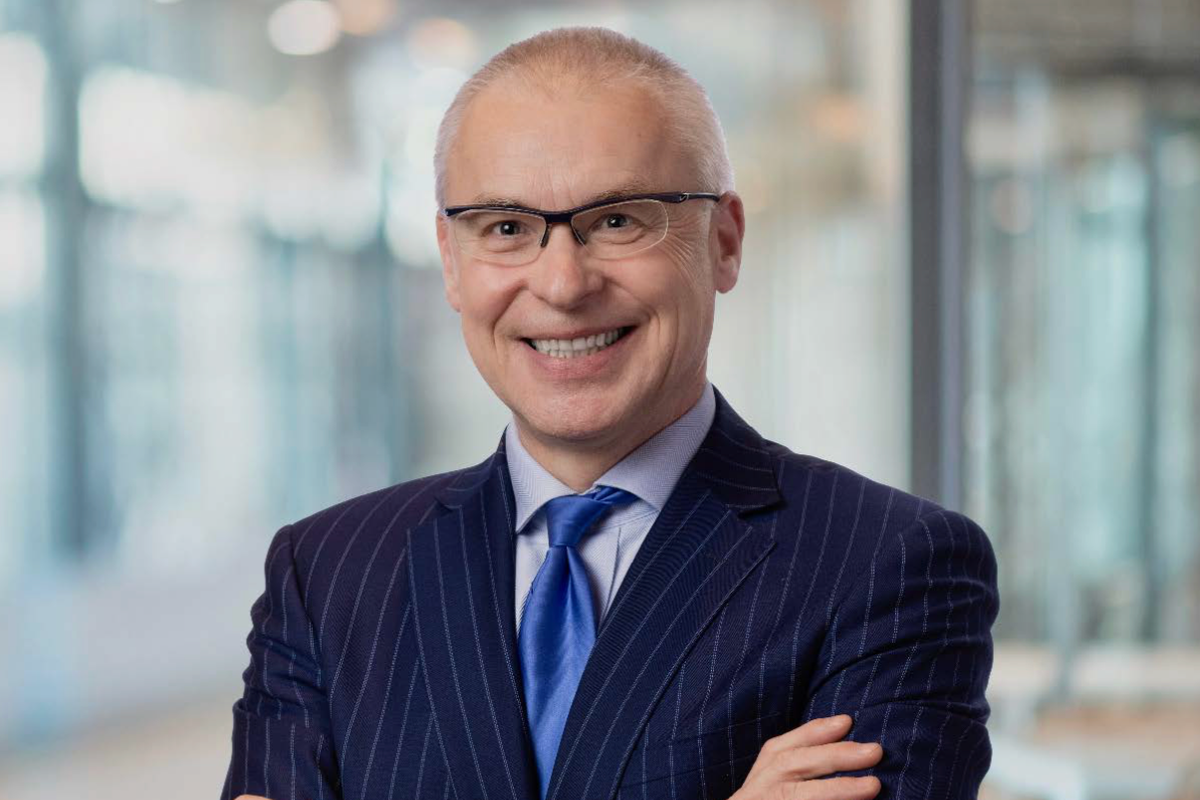NASA confirms stunning discovery of Space Shuttle Challenger artifact
recovered wreckage
A TV documentary crew has just made a startling discovery linked to one of the American space program's greatest tragedies, one that deeply resonated here in Space City. Divers off the east coast of Florida have found an artifact underwater that NASA confirms is debris from the space shuttle Challenger.
While searching for wreckage of a World War II-era aircraft, documentary divers noticed a large object covered partially by sand on the seafloor, one that was clearly crafted by humans. The team contacted NASA after analyzing the proximity to the Florida Space Coast, the item’s modern construction, and presence of 8-inch square tiles, according to the space agency.
Upon viewing the TV crew's footage, NASA leaders confirmed the object is indeed part of the Challenger, which exploded during launch on January 28, 1986, killing all seven crew members on board — all of whom trained in Houston.
A History Channel documentary depicting the discovery of the Challenger artifact is scheduled to air Tuesday, November 22. While the episode will screen as part of a series about the Bermuda Triangle, the artifact was found well northwest of the area popularly known as the Bermuda Triangle, researchers note.
NASA, meanwhile, is currently considering what additional actions it may take regarding the artifact that will properly honor the legacy of Challenger’s fallen astronauts and their families, the agency notes.
The Challenger disaster is now counted as one of American history's "where were you?" moments. The mission, dubbed STS-51L, was commanded by Francis R. “Dick” Scobee and piloted by Michael J. Smith. The other crew members on board were mission specialists Ronald E. McNair; Ellison S. Onizuka, and Judith A. Resnik; payload specialist Gregory B. Jarvis; and teacher S. Christa McAuliffe.
 The Challenger crew poses ahead of the mission in January, 1986. Photo courtesy of NASA
The Challenger crew poses ahead of the mission in January, 1986. Photo courtesy of NASAMcAuliffe, a charismatic civilian with a bright smile, became an international celebrity, bringing everyman accessibility to the space program. She was beloved by fans young and old, and quickly became the face of the doomed mission.
Celebrating NASA's 25th shuttle mission, the spacecraft waited overnight on Launch Pad 39B at NASA’s Kennedy Space Center in Florida. A sudden coastal cold front brought freezing temperatures, causing ice to form on the shuttle. Launch managers cleared the mission for launch at 11:38 am on January 28, despite concerns raised by some shuttle program employees.
A mere 73 seconds after liftoff, major malfunction caused the explosion that killed the seven crew members, a moment captured on live TV and watched by millions.
Later, a NASA investigation revealed that the unexpectedly cold temperatures affected the integrity of O-ring seals in the solid rocket booster segment joints, sparking the explosion.
Challenger's loss, and later Columbia with its seven astronauts – which broke up on reentry in February 2003 over the western United States – greatly influenced NASA’s culture regarding safety. The agency went on to create an Office of Safety and Mission Assurance, developed new risk assessment procedures, and established an environment in which everyone can raise safety concerns.
NASA also created the Apollo Challenger Columbia Lessons Learned Program to share these lessons within the agency and with other government, public, commercial, and international audiences.
“While it has been nearly 37 years since seven daring and brave explorers lost their lives aboard Challenger, this tragedy will forever be seared in the collective memory of our country,” said NASA Administrator Bill Nelson in a statement. “For millions around the globe, myself included, January 28, 1986, still feels like yesterday. This discovery gives us an opportunity to pause once again, to uplift the legacies of the seven pioneers we lost, and to reflect on how this tragedy changed us. At NASA, the core value of safety is – and must forever remain – our top priority, especially as our missions explore more of the cosmos than ever before.”
By law, all space shuttle artifacts are the property of the U.S. government. Members of the public who believe they have encountered any space shuttle artifacts should contact NASA at ksc-public-inquiries@mail.nasa.gov to arrange for return of the items.
------
This article originally ran on CultureMap.





